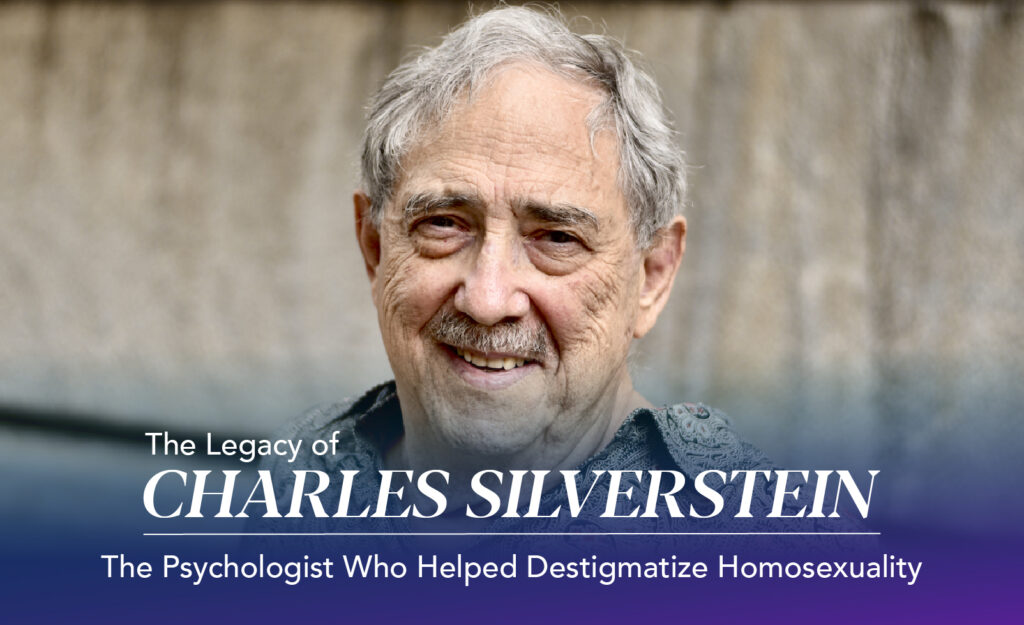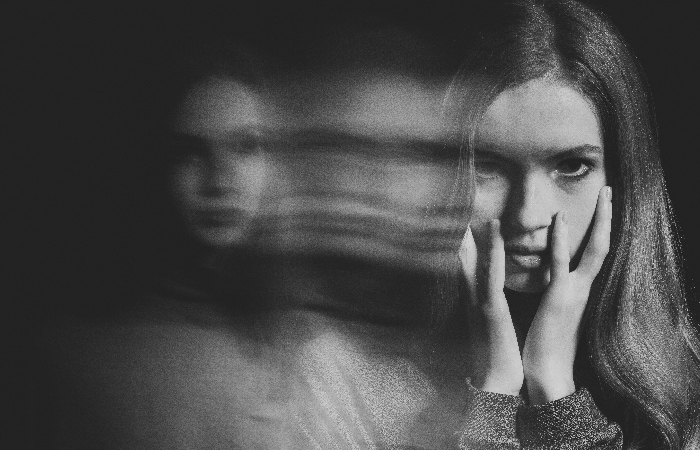May is Mental Health Awareness Month, a special month devoted to raising awareness and education about mental health and self-care, eliminating the stigma surrounding mental health disorders, and promoting the importance of routine mental health care. Mental health goes above and beyond the extent of the diagnosis and treatment for mental health disorders such as anxiety, schizophrenia, bipolar disorder, and depression. Mental health also includes being aware of our moods and emotions, thoughts, relationships, problem-solving strategies, aptitude to overcome challenges, and ability to comprehend and navigate the world around us.
Mental health is not just tied to disorders but feelings that can coincide with mental health disorders. For example, anhedonia and apathy are two emotions that are often confused with depression. Although they have similarities to depression and come with feelings of sadness and negativity, there are differences between these emotional states and major depressive disorder.
What is anhedonia?
Anhedonia means “without pleasure,” and many describe it as emotionally flat-lining. This inability to feel pleasure is tightly linked to many different mental health disorders and addictions. Although the exact cause of anhedonia is unknown, it is thought that stressful situations trigger anhedonia. Anhedonia can also be caused by side effects from prescription medications, such as antidepressants and antipsychotics. Other causes of anhedonia include schizophrenia and recreational drug use. Individuals who experience anhedonia lose interest in activities that they once enjoyed. Maybe an individual loved baking, but because of underlying negative circumstances or stressful situations, they have lost the desire to spend this time in the kitchen. This loss of interest in a previous hobby or passion is a core symptom of major depressive disorder. Therefore anhedonia is a primary symptom of depression, but individuals with anhedonia do not necessarily have to be diagnosed with depression.
The main subtypes of anhedonia are physical and social. Social anhedonia is a disinterest in social situations and a lack of pleasure in social contact with others. Individuals with social anhedonia experience the following:
- Social withdrawal
- A lack of relationships
- Negative feelings towards themselves and others
- Reduced emotional abilities
- Faking positive emotions in social situations
- Difficulty adjusting to social situations
Physical anhedonia is the inability to experience physical pleasure such as eating, hugging, holding hands, intercourse, or any physical engagement with others. These individuals do not enjoy eating and lose interest in physical intimacy.
What is apathy?
Apathy is an emotion that is defined as a lack of motivation, which is characterized by reduced activities, cognition, and emotion. Apathy is often associated with mental health disorders such as depression, schizophrenia, Parkinson’s disease, Huntington’s disease, stroke, and head trauma.
Signs and symptoms of apathy include the following:
- Lack of effort or energy to do everyday things
- Depend on other individuals to plan your activities and do the daily routine for you
- Lack of desire to do new things, meet new people or have new experiences
- Do not care about your own problems
- Lack of emotions when good or bad things happen
What is depression?
Depressive disorders are a range of mood disorders characterized by persistent and intense sadness, changes in sleep patterns, loss of appetite, feelings of worthlessness, and anhedonia for extended periods. Depression disrupts relationships and sleep patterns and disrupts the way an individual’s brain processes information, emotions, and complex problems. It involves apathy, anhedonia, and many more signs and symptoms that interfere with daily functioning. Individuals with depression often struggle to get out of bed in the morning, or they may try to act normal and cover up their symptoms in public, but when in private, they are in extreme emotional pain. According to the National Institutes of Health, more than 16 million adults in the United States experience at least one episode of major depression each year. The likelihood that a person will develop depression at some point is approximately 10 percent. Depressive disorders come in different forms, as is the case with medical illnesses such as heart and lung disorders. The following are types of depressive disorders:
- Major depressive disorder (clinical depression)
- Persistent depressive disorder
- Premenstrual dysphoric disorder
- Psychotic depression
- Postpartum depression
- Seasonal affective disorder
Signs and symptoms of depression
- Sadness or irritability most of the day, nearly every day
- Loss of interest in most activities you once enjoyed
- Weigh changes or changes in appetite
- Trouble falling asleep, staying asleep, or the desire to sleep more than usual
- Feelings of restlessness, tremors, or meaningless movements (physical agitation)
- Feeling unusually tired and lacking energy
- Feeling worthless or guilty, often about things that would not usually make you feel that way
- Difficulty concentrating, thinking, or making decisions
- Thoughts about harming yourself or committing suicide
Although there is no cure for depression, signs and symptoms can be lessened, minimized, or even eliminated with the correct combination of medications and psychotherapy. Antidepressants, specifically selective serotonin reuptake inhibitors, are the first-line medication regimen for depression in conjunction with psychotherapy, specifically cognitive behavioral therapy.
As we continue through May, let’s join together to raise awareness about mental health.
About AKUA Mind and Body
AKUA Mind and Body is a full-service treatment center that provides residential treatment, partial hospitalization, intensive outpatient treatment, outpatient treatment, and virtual treatment to both men and women struggling with a substance use disorder, dependency, a mental health disorder, or both (co-occurring disorder). AKUA Mind and Body provides compassionate, evidence-based treatment to all individuals and families. We combine evidence-based medications and psychotherapy approaches with holistic therapies such as meditation, yoga, and equine therapy, as we believe in treating the mind, body, and spirit.
Our clinical staff and ancillary treatment teams take great pride in the care that we provide to our clients and their families. From intake to discharge, we believe in treating the client as an individual and not just treating the disorder. As a result, we provide individualized treatment plans for every client. We offer our treatment services across many locations in California, including Orange County, Newport Beach, San Diego, and Sacramento.




